-
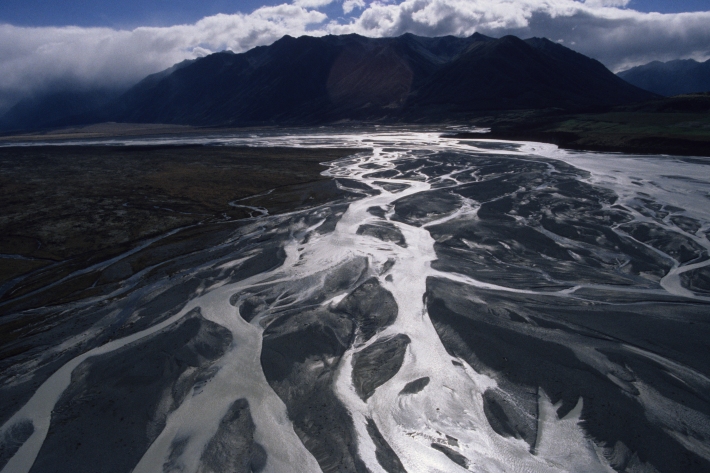
eFlows Explorer
Research ProjectThe eFlows Explorer webtool is designed to aid broad-scale river flow management planning across New Zealand -
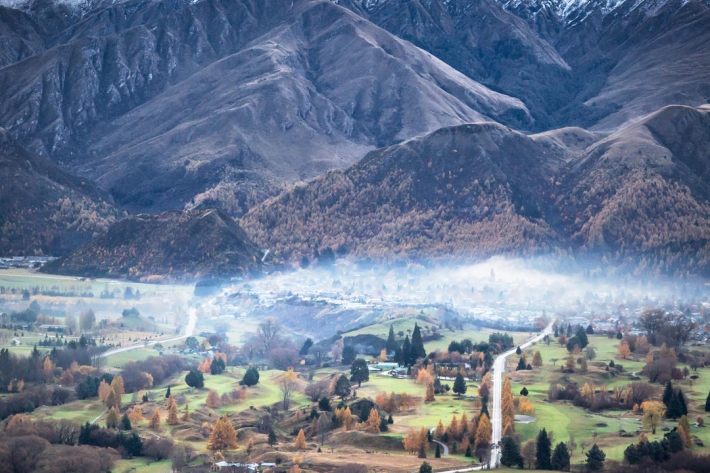
Community Air Watch Arrowtown
Research ProjectCommunity Air Watch Arrowtown enables members of the public to use new technologies to participate in studies of air quality. -
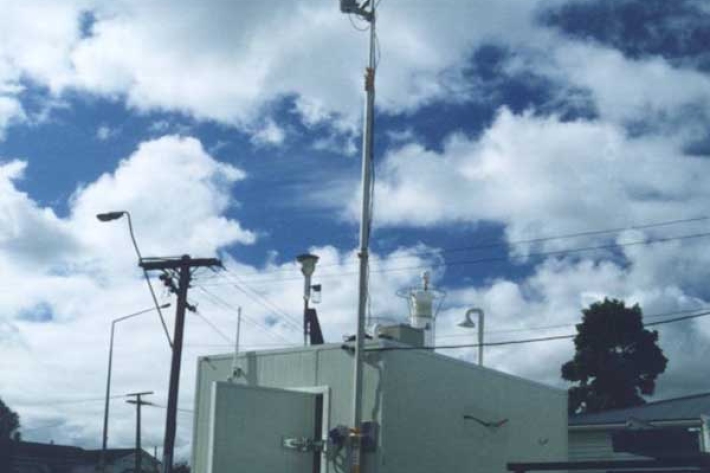
Schools Air Watch
Research ProjectSchools Air Watch enables school classes to use new technologies to participate in a study of air quality in their own community. -
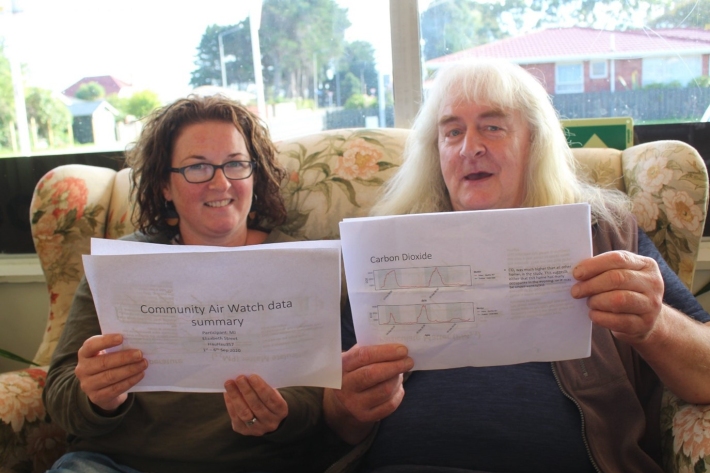
Community Air Watch Invercargill
Research ProjectCommunity Air Watch Invercargill enables members of the public to use new technologies to participate in studies of air quality. -
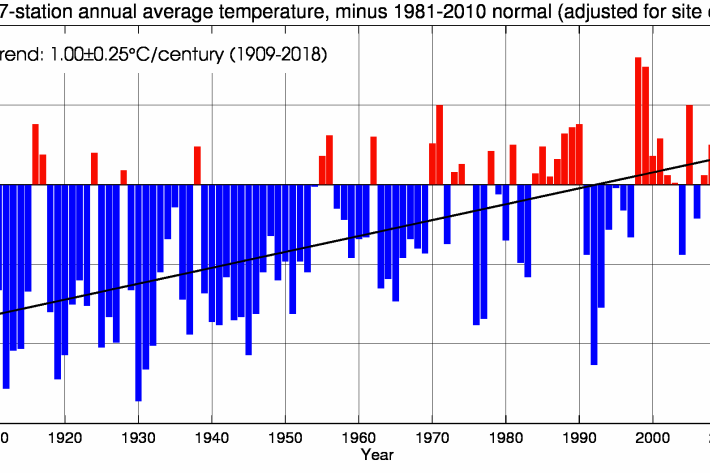
Fundamental Climate Observations
Research ProjectGet data, time series plots and maps for key climate indicators and present day context here. -
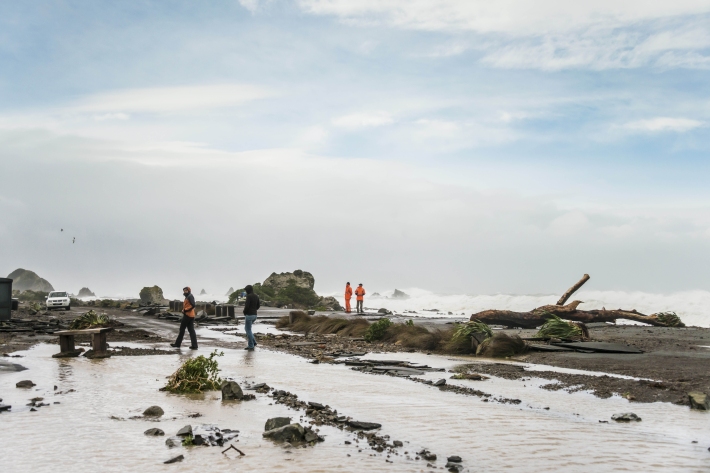
Climate changes, impacts and implications for New Zealand
Research ProjectThe Climate Changes, Impacts & Implications project ran from 2012 to 2016 and aimed to update and improve projections of climate trends, variability and extremes across New Zealand out to 2100. -
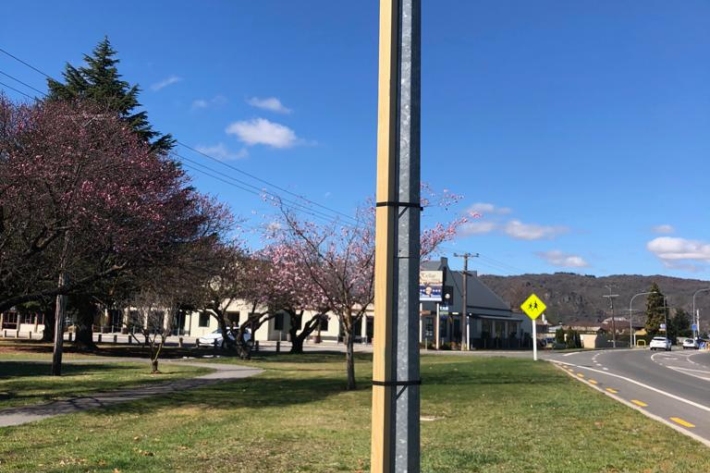
Air Grid: using grid monitoring to map air quality
Research ProjectAir quality is almost never consistent across NZ’s towns – polluted air can readily be transported on the breeze and accumulate in different locations. -

NIWA’s Estuarine Trophic Index
Research ProjectConstructed wetlands, detention bunds, woodchip denitrification filters and planted riparian buffers are examples of a growing suite of edge-of-field and farm-scale mitigation systems that are being trialled across rural New Zealand to reduce the impact of diffuse pollution on freshwater quality -
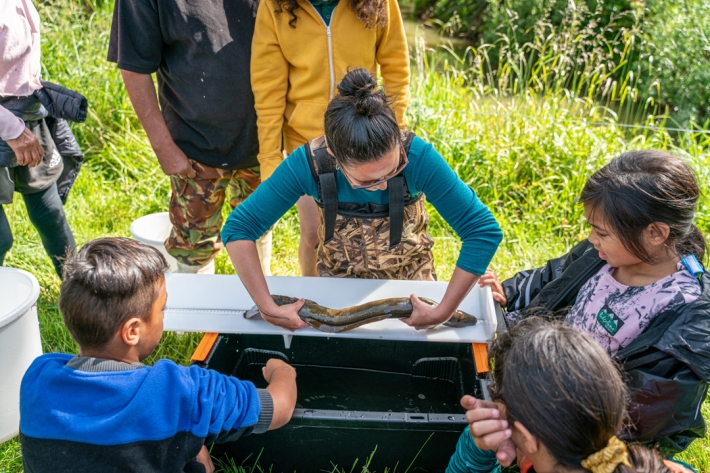
Maniapoto Cultural Assessment Framework
Research ProjectTe Nehenehenui (previously Maniapoto Māori Trust board) and NIWA are working collaboratively to support Ngāti Maniapoto whānau to reconnect with and participate in the assessment of their freshwater according to their values. -

Aquaculture Publications
Research ProjectA summary of the main scientific publications, conference presentations and popular science publications. -
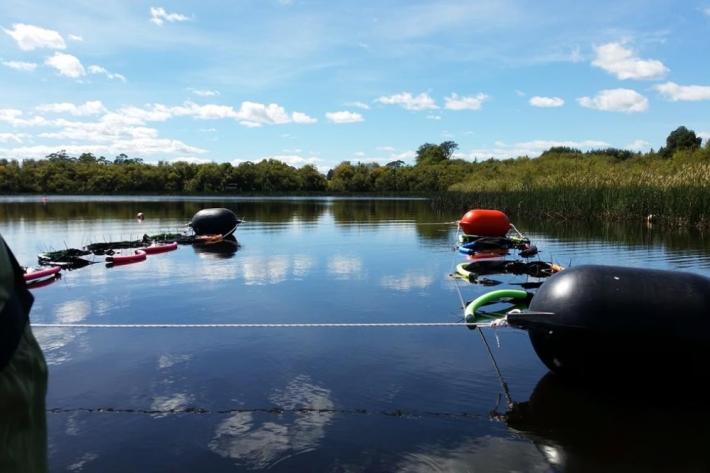
Eutrophication Risk Assessment
Research ProjectEutrophication occurs when nutrients in streams, rivers, lakes and estuaries cause excessive growth of aquatic plants and algae (primary producers). -
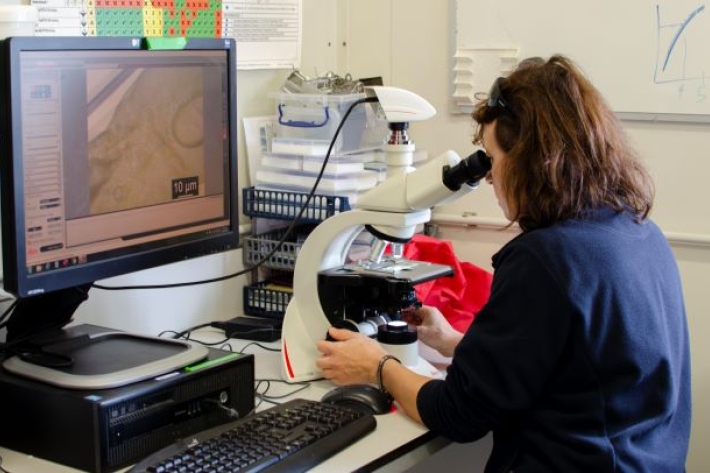
Recent research projects
Research ProjectNIWA’s team of leading scientists and world-class facilities are dedicated to supporting the sustainable growth, diversification and future-proofing of New Zealand’s aquaculture industry.
